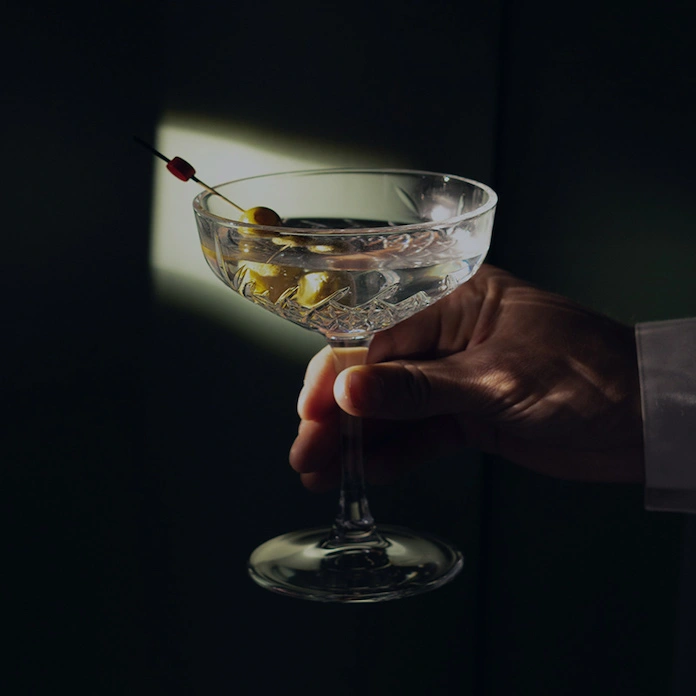Despite enjoying such prosperity in his career, Italo prized his family over everything else. (He had married his longtime sweetheart, Laura Spano, in 1955, and with her had three children: Fabio, Sandra, and Sergio.) He wanted to build something that would give them a shared occupation and future. Using his earnings from the Fagioli Westerns and, after several thoughtful conversations with friends (many of which were over a glass of wine), Italo decided to invest in Italy’s wine industry.
From Bustling Film Sets to Bucolic Vineyards
Together, Italo and Laura looked for the perfect property. They chose Tuscany for its winemaking prestige and proximity to their home in Rome. Like so many others, they were charmed by the Chianti region’s beautiful countryside and rich history. Italo dove headfirst into wine, seeking out local experts to guide him, reading every book he could find, and learning all about winemaking. He approached wine as he did everything in life, striving to do it as well as possible.
Eventually, Italo and Laura discovered Le Macìe, a farming hamlet near Castellina in southern Chianti Classico. They were driving to see another property, when the dilapidated estate caught their eye. Despite the pouring rain, Italo went to speak with the owners. Twenty minutes and a handshake later, he returned and declared, “We’ve finally found the estate we were looking for.”
Though Italo remained active in the film industry, his career in wine began in 1973 with the founding of Rocca delle Macìe. Originally consisting of 70 hectares / 173 acres (only a small portion of which was planted to vine) and a cluster of 14th-century buildings, the property sorely needed restoration.
Italo and Laura built a brand-new cellar, planted sangiovese and other grape varieties, and renovated the existing buildings. Some buildings became modern homes for winery workers, whom Italo paid a regular salary. Both practices were unheard of at the time, but show the commitment Italo had to his employees, whom he considered part of the family.
Already thrilled by the progress at Rocca delle Macìe — and in need of more vineyard acreage — Italo acquired Tenuta Sant’Alfonso, a 130-hectare / 321-acre property, that same year. According to family legend, Italo’s collaborator warned him against the purchase, insisting that the compact clay soils wouldn’t produce high-quality sangiovese. But, as with the scoffed-at “Trinity” script, Italo had spotted serious untapped potential and forged ahead anyway. (Spoiler alert: Italo’s instincts proved, yet again, to be spot-on. Those clay-rich vineyards continue to produce exceptional sangiovese, regardless of weather conditions, due to the soil’s water-storing capabilities.)

















